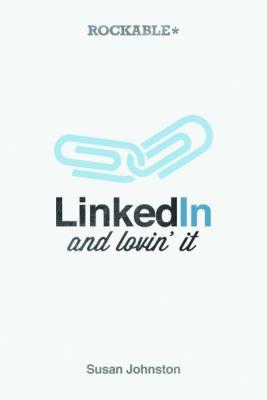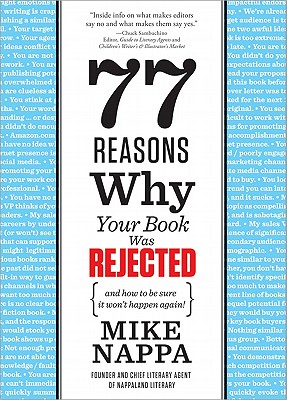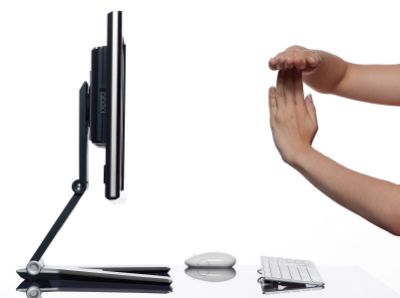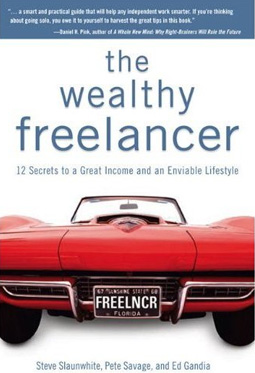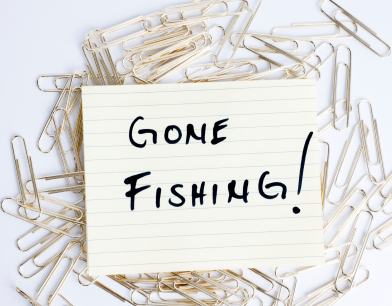 For the past seven years, I’ve had a love affair with the self-help genre. I’ve devoured books like Only French Women Get Fat and The Flex Diet looking for solutions to my body hate. I’ve gobbled up books like Introvert Power looking for validation. I’ve read and re-read books like Naked, Drunk, and Writing and The Boss of You, chasing career success. I’ve turned to cliche classics like Don’t Sweat the Small Stuff in order to manage my mood.
For the past seven years, I’ve had a love affair with the self-help genre. I’ve devoured books like Only French Women Get Fat and The Flex Diet looking for solutions to my body hate. I’ve gobbled up books like Introvert Power looking for validation. I’ve read and re-read books like Naked, Drunk, and Writing and The Boss of You, chasing career success. I’ve turned to cliche classics like Don’t Sweat the Small Stuff in order to manage my mood.
There’s a lot of hate out there for self-help books, from people saying they provide false promises and lead readers to fruitlessly pursue perfection. And while I don’t look at these books as the answer to my everything, instead opting to apply what resonates with me and leave the rest, there’s definitely truth to the fact that people have a hard time being happy unless they feel they’ve achieved it all.
The other week, J. Maureen Henderson of Generation Meh wrote something on Salon that resonated with me. She described happiness as a jigsaw puzzle we could only lay claim to “once we’d carefully laid all of the pieces — careers, relationships, sense of self — into their rightful place.”
It was something that rang true.
My mood has been on a downswing lately, and I’ve spent an awful lot of time focusing on the worst parts of the past year and a half.
Our condo, for example. We put it on the market last summer, and have seen a pointed lack of interest since then. It’s frustrating to have half of our stuff in storage (making our condo look extra-spacious for the people who never come to see it). It’s frustrating to send my cats to live in my parents’ garage during open house season (to keep the condo clean, and to keep our association from finding out we have pets). I hate feeling so helpless, and I hate feeling unable to move forward.
Then there is the fact that I stopped taking all of my antidepressant and anti-anxiety medication two years ago, because I wanted to be chemical-free when I eventually got pregnant. The lack of success in that department hasn’t done much for my state of mind. Today, I’m calling a fertility center to schedule tests for both me and Michael so we can find out if there’s a problem, or if we’re just god-awful at babymaking sex.
And of course, Michael and I almost separated.
I know there are those who are (much) worse off than us. But knowing doesn’t always help. Because I want all the pieces. I want all the pieces of that puzzle in place.
The thing is, it doesn’t help to fixate on the things you can’t control.
The other week, I read Kripalu Yoga, and it listed five yamas (restraints) and five niyamas (observances) the Indian sages felt we should strive for. One niyama was santosha, or contentment. Contentment was defined as “joyfully accepting whatever life provides and not wanting more than is at hand.” I began to think of what I had at hand. What I could control, and what I was succeeding at.
I thought of my career.
According to an industry report recently released by the International Freelancers Academy, “the economy’s impact on freelancers has not been quite as severe as reported. The majority of freelancers (52%) either have not been impacted by the economy or have faced only a very minor impact.” Not only that, but 59 percent of freelancers feel more secure as a freelancer than they did working for someone else, and 39 percent are now earning more than they did as an employee in the same field.
For me, this is all true. Freelancing has given me more control than I’ve recently felt in any other aspect of my life. And while my definition of success may differ from yours, when I think of my career now, I feel successful.
Where can you create contentment in your life? Where can you find control?

